Russia BANNED transgenders from adopting children or being legal guardians of minors
In a controversial move that has sparked international debate, Russia has officially banned transgender individuals from adopting children or becoming legal guardians of minors. This decision has drawn widespread attention and criticism, particularly from human rights organizations and advocates for LGBTQ+ rights. In this blog post, we will delve into the details of the ban, explore the motivations behind the decision, and examine the potential social and legal implications for transgender people in Russia.
What Does the Ban Entail?
The Russian government’s recent decree prohibits transgender individuals from adopting children or serving as legal guardians to minors. The law applies to individuals who have undergone gender reassignment surgery or legally changed their gender status, effectively barring them from taking on the responsibilities of raising children or acting as guardians in a legal capacity.
While the specifics of the law remain somewhat unclear, sources suggest that it applies to both transgender men and women. Additionally, the law is part of a broader set of regulations that reflect Russia’s increasingly conservative stance on LGBTQ+ issues.
The Rationale Behind the Decision
The Russian government has provided a number of justifications for the new ban, which has raised concerns among advocacy groups both domestically and internationally. According to officials, the law is aimed at protecting children from potential harm and ensuring the “traditional family values” that the government believes should be upheld in Russian society.
In the official statements, the government argued that children should be raised in stable and biologically traditional family units, citing concerns that transgender individuals may not provide the appropriate environment for minors. Critics argue, however, that these justifications are rooted in discrimination and unfounded fears about transgender people’s ability to be responsible parents or guardians.
The law aligns with the Russian government’s broader conservative policies that have consistently restricted LGBTQ+ rights, including the infamous 2013 law that prohibits “propaganda of non-traditional sexual relationships” to minors. The recent ban on adoption and guardianship appears to be another step in reinforcing the state’s stance on family and gender norms.
International Reactions to the Ban
The international community has responded with a mix of condemnation and concern. Human rights organizations, including Amnesty International and Human Rights Watch, have criticized the move, arguing that it discriminates against a vulnerable group and violates fundamental rights to equality and family life.
In particular, activists point out that transgender individuals, like anyone else, have the capacity to be loving, capable, and responsible parents. They argue that the law is a clear form of discrimination based on gender identity and is part of a wider pattern of hostility towards the LGBTQ+ community in Russia.
European Union officials have expressed their disappointment with the decision, highlighting concerns that it reflects a growing intolerance toward marginalized groups in Russia. The EU’s response underscores the geopolitical tensions that often accompany human rights concerns, especially when they involve Russia’s treatment of its LGBTQ+ citizens.
On the other hand, conservative groups within Russia and certain religious factions have praised the law, viewing it as a victory for upholding traditional family structures. These groups argue that the decision is in line with protecting children’s best interests and ensuring a stable environment for their upbringing.
Implications for Transgender People in Russia
For transgender individuals in Russia, this law represents yet another legal and social setback in a country where LGBTQ+ rights have been increasingly restricted in recent years. The ban on adoption and guardianship is particularly harmful for transgender people who may wish to become parents or guardians of children in need of care.
Transgender people who already have children or are in the process of becoming parents may also face legal challenges as a result of this law. The legal status of transgender individuals in Russia is already a complex issue, with limited recognition for gender changes and a general climate of discrimination. The new adoption ban further complicates their ability to live openly and equally within society.
For many transgender people, this law reinforces the idea that they are second-class citizens, whose rights to family life and equality are subordinate to societal norms that fail to recognize the diversity of family structures and gender identities.
Potential Legal Challenges
While the law has already been enacted, it is likely to face legal challenges from human rights organizations and LGBTQ+ advocacy groups both within Russia and abroad. There may be attempts to take the case to the European Court of Human Rights (ECHR), as the law may violate certain articles of the European Convention on Human Rights, particularly those related to the prohibition of discrimination and the right to private and family life.
However, Russia has a history of rejecting foreign interventions in its legal matters, and the Russian government may be resistant to any external pressure to overturn the law. The outcome of any legal challenges remains uncertain, as Russia’s domestic legal framework has often been used to defend policies that violate international human rights standards.
What’s Next for Transgender Rights in Russia?
This new law signals a further erosion of transgender rights in Russia, following years of increasing hostility and legal restrictions for LGBTQ+ individuals. While there are some LGBTQ+ advocacy groups within the country working to challenge discriminatory laws, they face immense challenges due to the oppressive political environment and the state’s crackdown on civil society.
Moving forward, the international community will likely continue to pressure Russia on its treatment of LGBTQ+ people, but it remains to be seen whether these efforts will lead to meaningful change. For transgender individuals in Russia, the struggle for equality and acceptance is likely to continue as long as such discriminatory laws remain in place.
Conclusion
Russia’s decision to ban transgender individuals from adopting children or becoming legal guardians of minors is a deeply troubling development that has sparked widespread condemnation from both domestic and international communities. This move further solidifies the country’s stance on restricting LGBTQ+ rights and highlights the ongoing challenges faced by transgender people in Russia. While the law may be hailed by conservative factions within the country, it represents a serious setback for human rights and equality, underscoring the need for continued advocacy and legal challenges to protect the rights of transgender individuals worldwide.
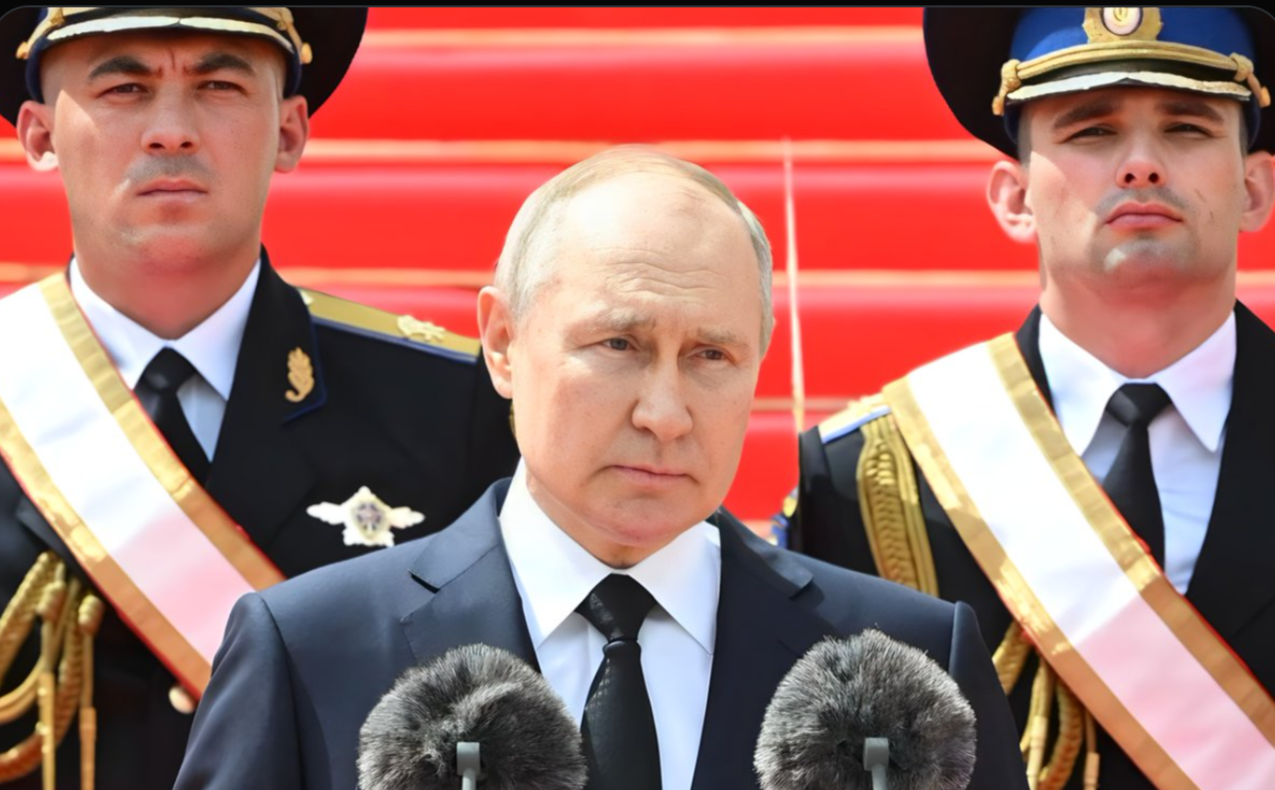
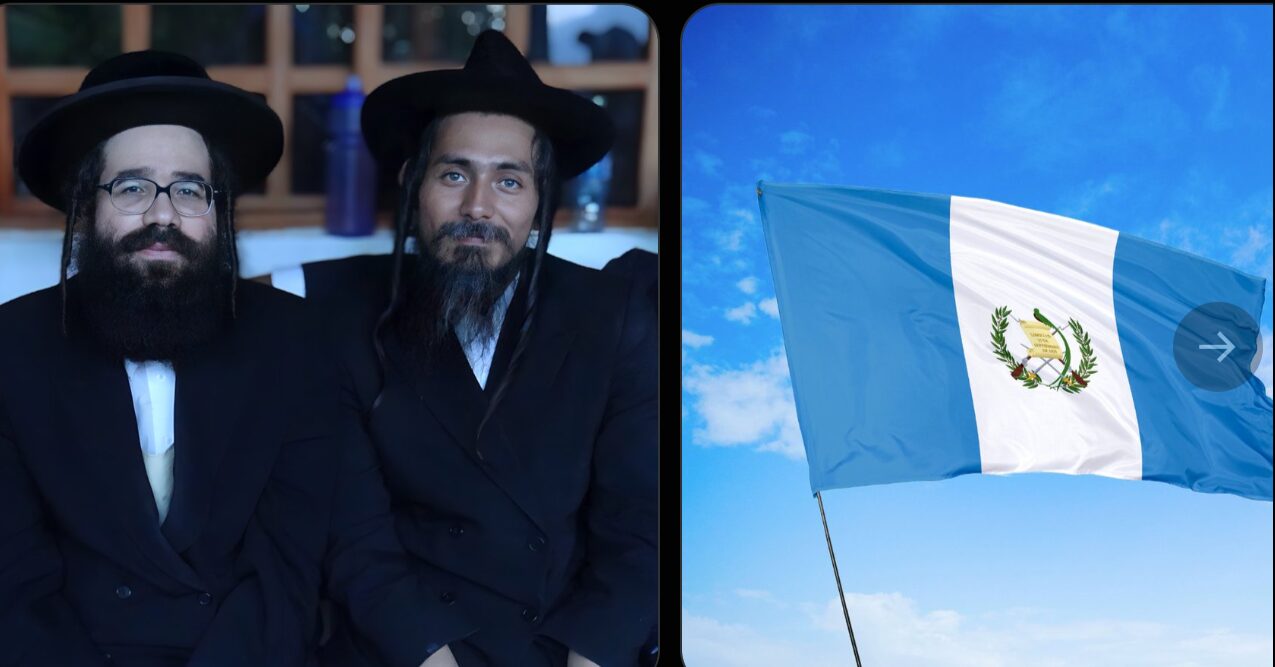

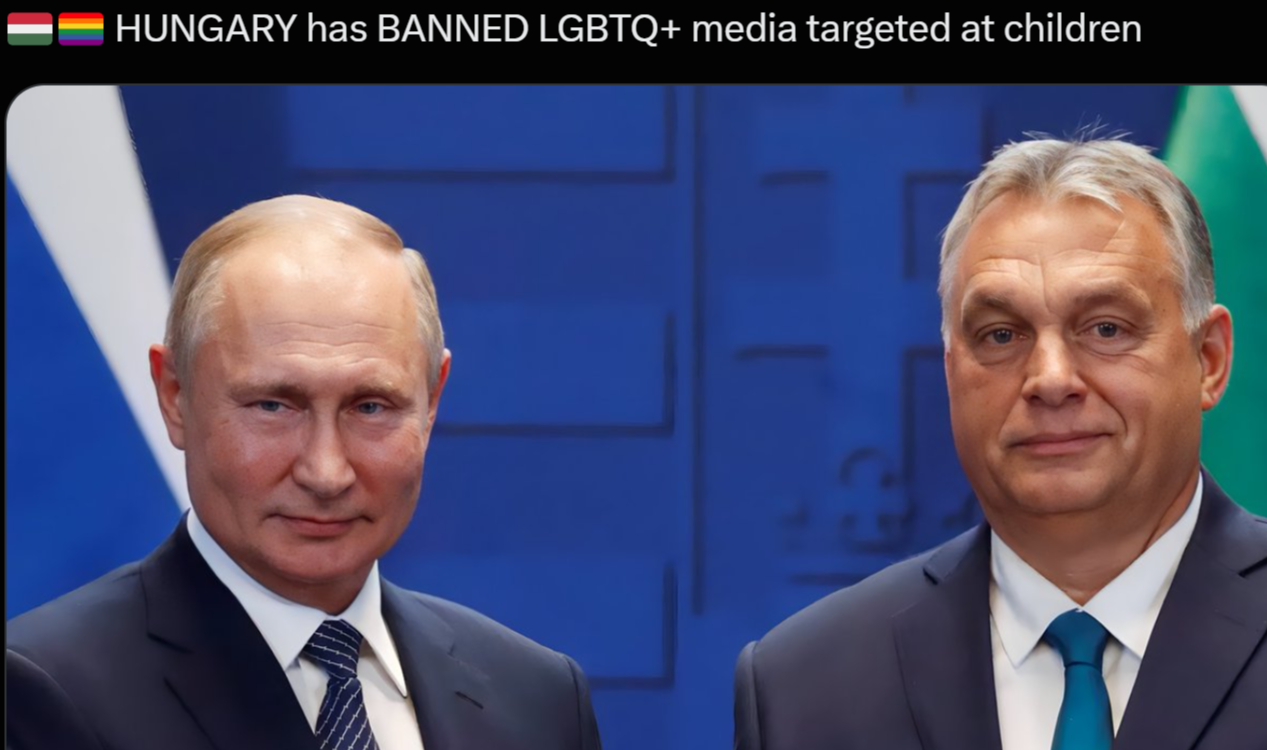

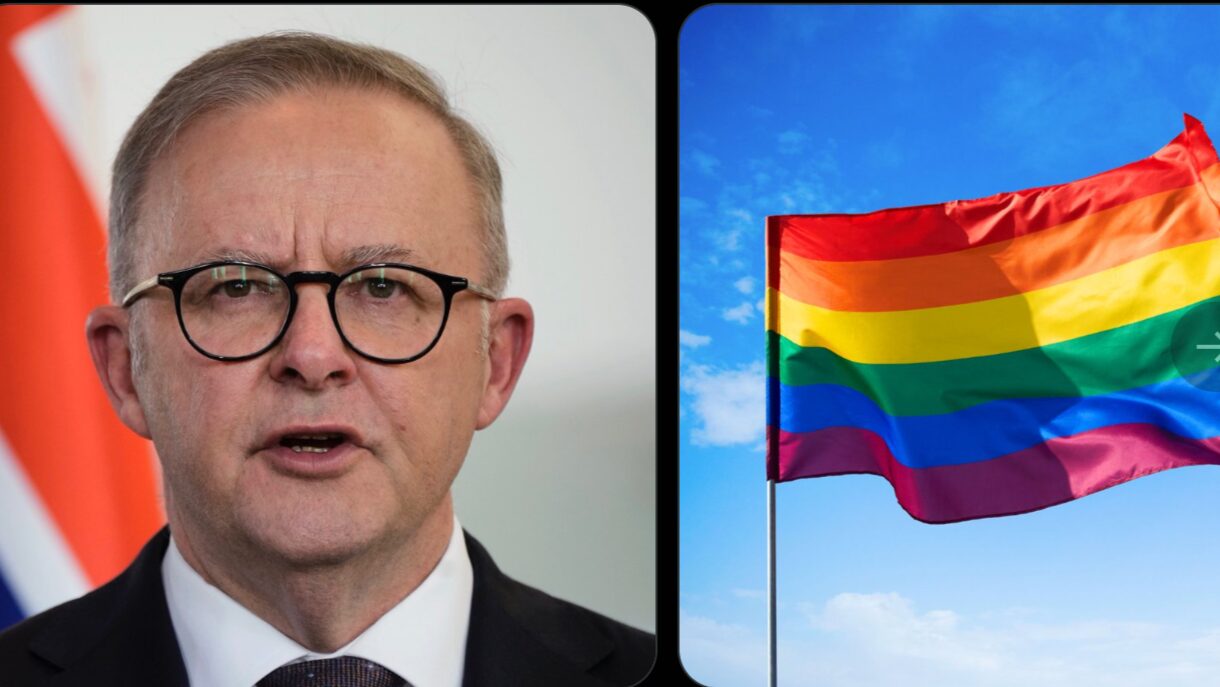
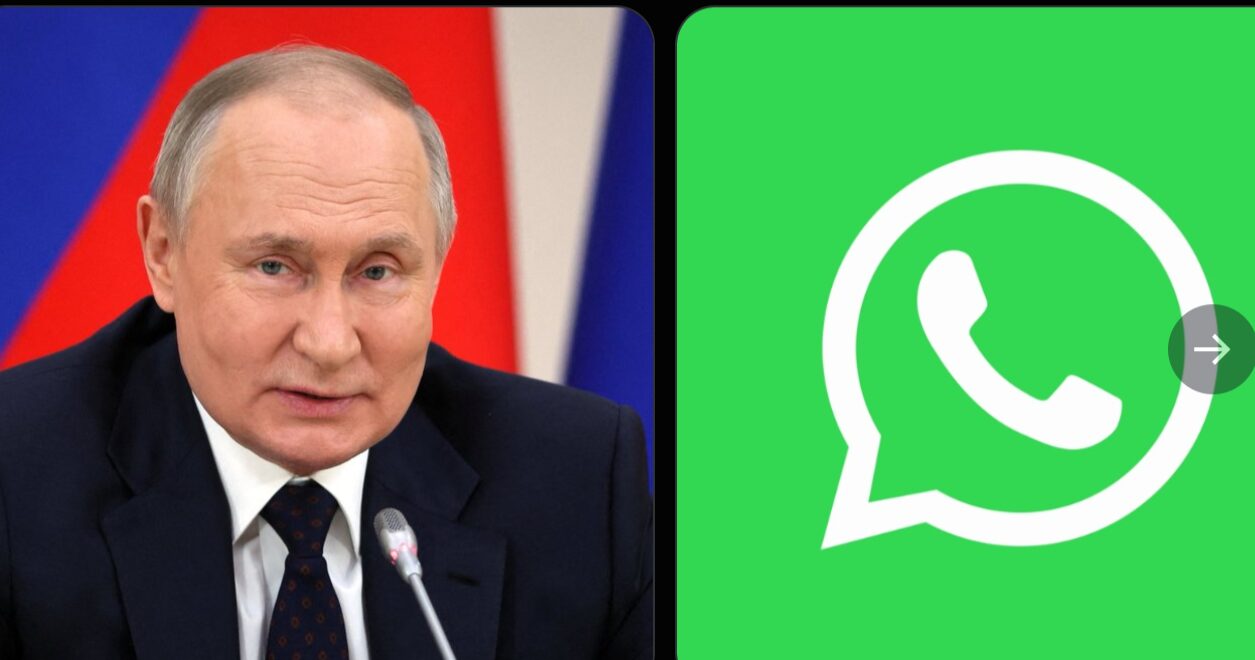
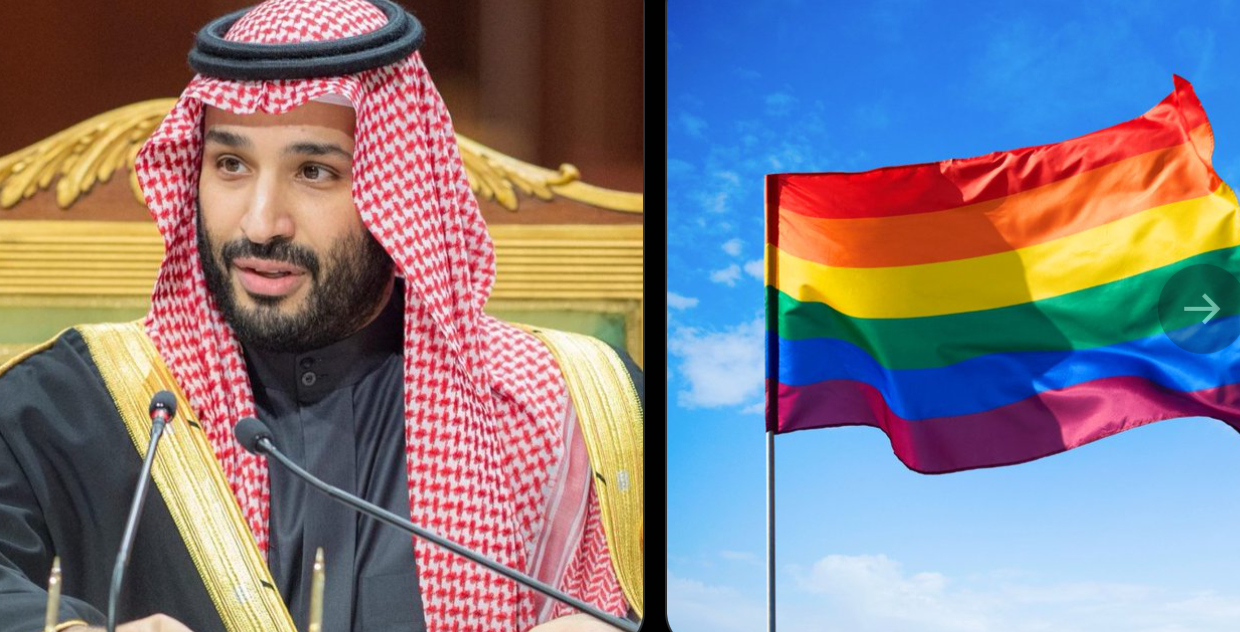









Post Comment